Karachi violence: With 100 dead, govt seeks institutional shakeup
City to be governed by a hybrid of elected local govt and commissioner system.
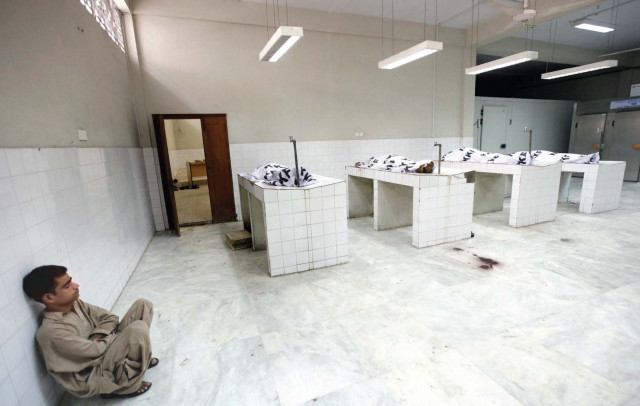
As the death toll exceeded 100 after four days of violence in Karachi, the federal and Sindh governments have decided to respond not just with 1,000 extra paramilitary troops but also fundamental changes in the way the city is governed.
At a meeting held at the Presidency in Islamabad on Friday night, senior officials from both the federation and Sindh – including President Asif Ali Zardari, Prime Minister Yousaf Raza Gilani and Chief Minister Qaim Ali Shah – convened to discuss the situation in Karachi and agreed upon a series of steps to help stem the violence.
The government has decided to change the way the country’s largest city is governed by bringing in a local government system that will be a hybrid between the one dominated by elected officials (introduced in 2001) and the one dominated by unelected federal civil servants (the system that had been in place between 1979 and 2001), according to sources familiar with the matter. The president’s spokesperson, Farhatullah Babar, said that it has been left to the Sindh government to decide on whether to proceed with the changes through legislation in the provincial assembly or through an ordinance promulgated by the governor.
However, according to sources familiar with the matter, the government appears to have decided to consult both the Muttahida Qaumi Movement (MQM) and the Awami National Party (ANP), the two parties with strong political bases in Karachi, before finalising its decision.
The restoration of an elected local government system has been a long-standing demand of the MQM, which ran the last such government in Karachi and Hyderabad between 2005 and 2009. The Pakistan Peoples Party, which is in office in both the federal and Sindh governments, has been dragging its feet on the restoration of the system, even though it has at least formally committed to elected local governments.
The difference stances of the two parties are reflected in the differing advantages of the two systems. The pre-2001 system was dominated by district commissioners who were federal civil servants from the powerful district management group. The only elected officials who had any sway over local governments then were the provincial and national legislators, which suits the PPP since it has traditionally been able to dominate the Sindh legislature.
The MQM, meanwhile, prefers the system that gave power to elected local officials. While the party has never won a majority in the Sindh Assembly, it can dominate Karachi and Hyderabad, allowing it to serve its constituents directly without having to rely on the largess of the PPP as a senior coalition partner.
The elected local government system was introduced by the Musharraf administration in 2001 and expired in 2009, following which it could have been revived (with or without modification) by the provincial assemblies, none of which has thus far chosen to do so.
Meanwhile, the government has also decided to improve its own ability to prosecute those most directly responsible for the violence in Karachi by filling vacant judges’ positions on anti-terrorism courts and by increasing the staff of the public prosecutor’s office.
Controversially, the government may also decided to bring back former Sindh Home Minister Zulfiqar Mirza, who had been removed from his position after strong pressure from the MQM. It is not yet clear what capacity Mirza will be returning in, though it appears that he may not get the home ministry back. .
Several reports on Friday night suggested that Manzoor Wassan of the PPP might be brought in as Sindh home minister but government officials refused to confirm or deny these reports.
“The provincial government will announce these administrative changes,” said the president’s spokesperson.
(With additional reporting by Hafeez Tunio in Karachi)
Published in The Express Tribune, July 9th, 2011.


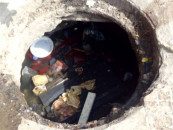
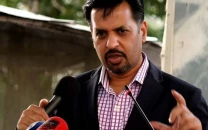
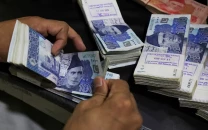

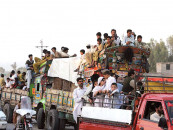












COMMENTS
Comments are moderated and generally will be posted if they are on-topic and not abusive.
For more information, please see our Comments FAQ